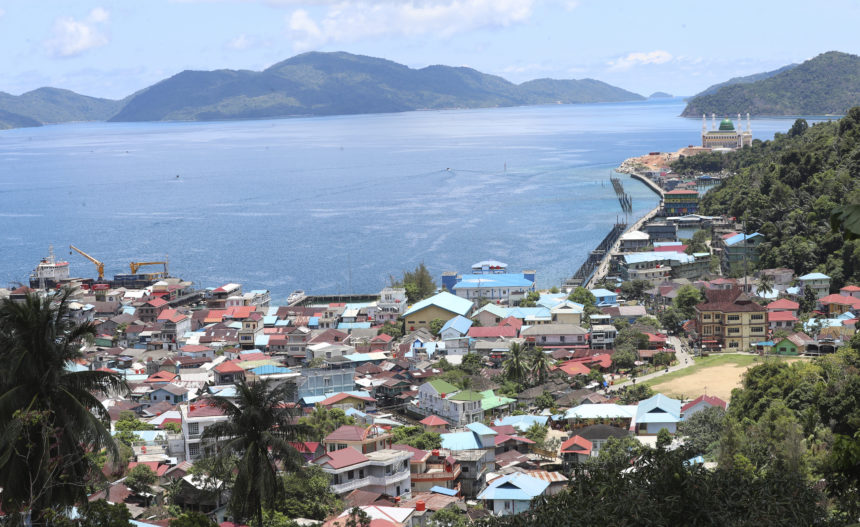After starting the new year in high gear, in the second term of 2021 we had to slow down our work because of a few bumps in the road along the way and the rising cases of Covid-19 that led the government to impose the emergency public activity restrictions (PPKM) in many regions across Indonesia, including Anambas Islands.
Despite these setbacks there were still progress made and new initiatives created. We also welcomed our two former Marine Conservation interns as full-time employees at the Foundation and added two local interns in Kiabu and Tiangau, South Tarempa.
Below are the highlights of the second term of 2021:
Marine Conservation
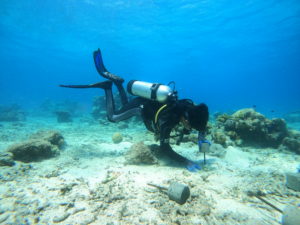
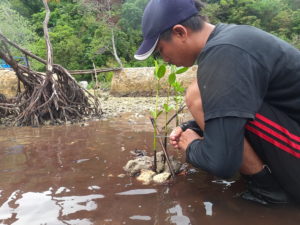
Throughout the second term of 2021, the Marine Conservation program focused on four activities: reef restoration, mangrove planting, marine debris data collection and shark data collection.
For reef restoration, the Marine Conservation team created a new type of artificial reef called bored pile corals with a design that followed the ocean floor features in Kiabu region. There are two different types of bored pile corals currently being tested by the team: the first one is made from concrete, the other one is from coconut shells. For this research, They are placed in four different locations (north, south, west and east) and the progress are being monitored by the team for up to a year.
Marine debris and shark data collections went as planned, both in Kiabu and Bawah Island, however by August, it was the start of the high tide season in Anambas and it impeded the activities. It was difficult for our team to get to the data collection site by boat and the mackerel tuna required for the Baited Remote Underwater Video activity were out of stock in Kiabu because the local fishermen couldn’t go fishing during the challenging weather.
As for the mangrove conservation, the team on the ground planted a total of 400 mangroves in Kiabu mangrove rehabilitation area.
Our Marine Conservation team also completed the rumpon (Fish Aggregating Device) project funded by Seastainable Co. In addition, we received another grant from the organization Sustainable Ocean Alliance (SOA) for the Kiabu Coral Rehabilitation Project.
Digital English Club
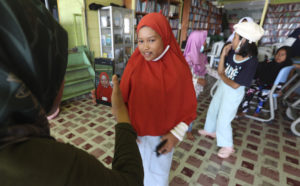
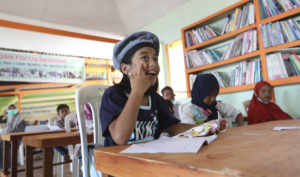
DEC classes, both in South Tarempa and Tiangau, had to be shut down for one whole month in May due to the rising Covid-19 cases in Anambas Islands.
When the DEC resumed in June, the South Tarempa chapter had fewer students than before, but the Tiangau chapter welcomed more students than the previous term. We even squeezed in a few more students, though the class was already full to capacity.
The DEC Tiangau class included students from Grades 3 and 4, plus a number of additional Grades 5 and 6 students who had not submitted their names during the admission period.
Organic Farming
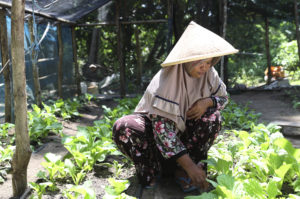
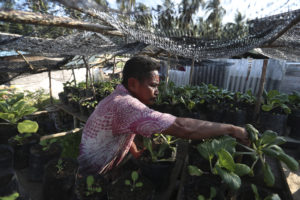
Pak Zairul (read about him here) and his family were still the caretakers of the Organic Farm in Telaga Village with the help of several farmers. This term, they diversified by growing new crops such as pumpkins.
Our Telaga Village Facilitator, Husni, implemented the Organic Home Farming initiative in his own yard and encouraged others to do the same. As a result, a total of seven local farmers grew chillies, pineapples, watermelons and other fruits and vegetables in their yards, joining members of the local Women’s Group who had been doing this for a while.
Women’s Empowerment
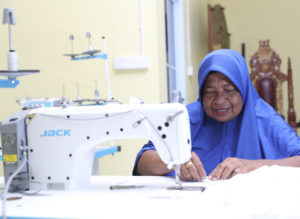
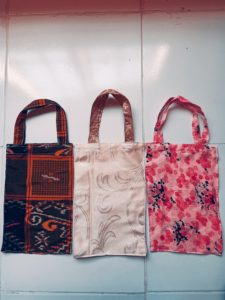
Integrated Waste Management
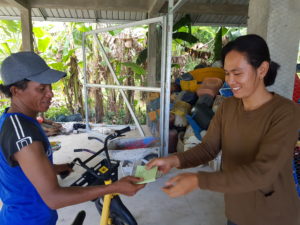
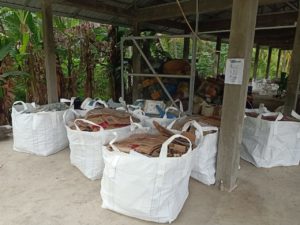
We initiated a Waste Bank (Bank Sampah) initiative in Kiabu Village so as to encourage the local community to recycle and separate their waste. It’s worth noting that this is the first Waste Bank in Anambas Islands.
The Waste Bank kicked off after the Idul Fitri holiday, and is now held every Friday from 8.30am to 4pm at the Recycling Centre. How it works is that residents collect waste and separate it at home. They then bring the recyclable waste to the Recycling Centre to be weighed and valued, based on rates set by us. Each participant is given a Waste Bank logbook, where they can track the amount of waste they collect and the money they receive.
The Waste Bank has been running for more than three months and it’s been well received by the community. Some residents have even brought us hard plastic collected from marine debris. To date, we’ve collected 3,865 kg of recyclable waste and paid out IDR 6,741,475 (about USD 470).
What’s more, the Women’s Group in Kiabu supports this initiative too. As part of our Women’s Empowerment’s upcycling programme, its members are making large, reusable bags from fabric left over from the clothing drive we held during Chinese New Year. We are going to buy these bags and distribute them to waste bank participants and eventually to every home in the village in the next term. The idea is for each household to collect recyclable waste in its bag, and take it to the Recycling Centre on Fridays.
The Anambas Government has nothing but good things to say about our Waste Bank initiative. What’s more, we’re in discussions with the local environmental agency about establishing Waste Banks in other villages within the Anambas region.
